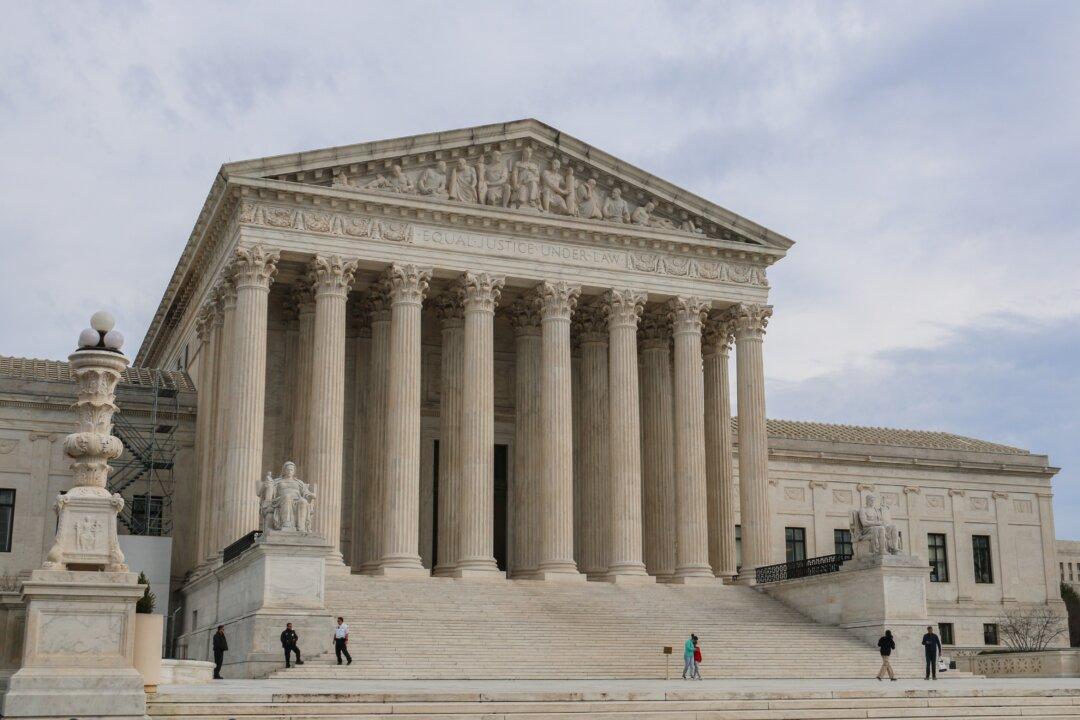The Supreme Court agreed on March 6 to take up an appeal by an insurance company that refused to cover non-fire damage to a yacht after it ran aground while carrying a fire extinguishing system whose inspection had lapsed.
The case is Great Lakes Insurance SE v. Raiders Retreat Realty Co. LLC, court file 20-500.





